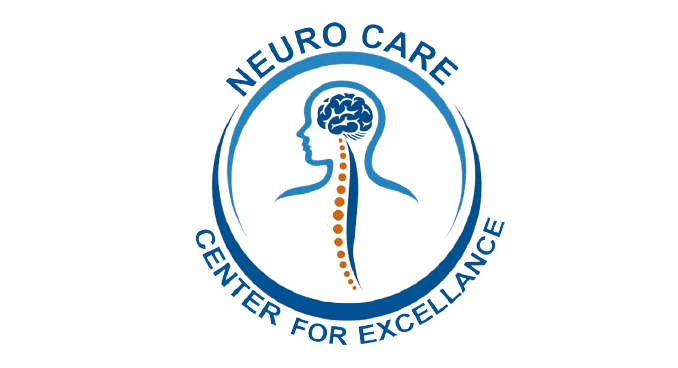
- HOME
- ABOUT
- FACILITIES
- HEALTH CARE
- CONTACT
- APPOINTMENT
-
 +91 99430 14100
+91 99430 14100
 Velavanhealthcenter@gmail.com
Velavanhealthcenter@gmail.com
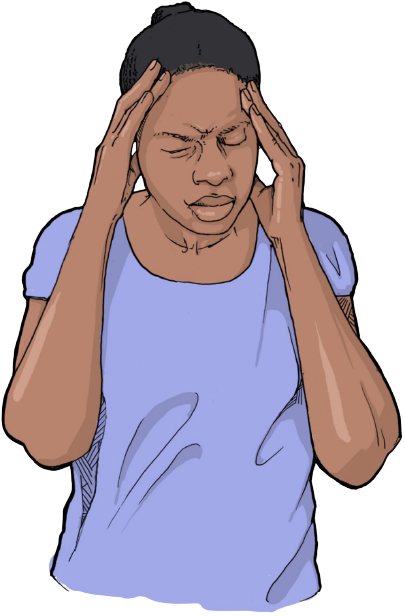 A painful sensation in any part of the head, ranging from sharp to dull,
that may occur with other symptoms.
A painful sensation in any part of the head, ranging from sharp to dull,
that may occur with other symptoms.
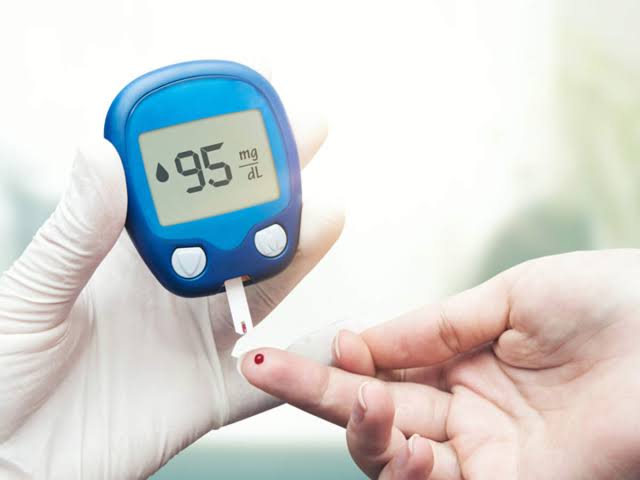 Diabetes is a disorder where the body does not produce insulin or does not use it efficiently.
Diabetes is a disorder where the body does not produce insulin or does not use it efficiently.
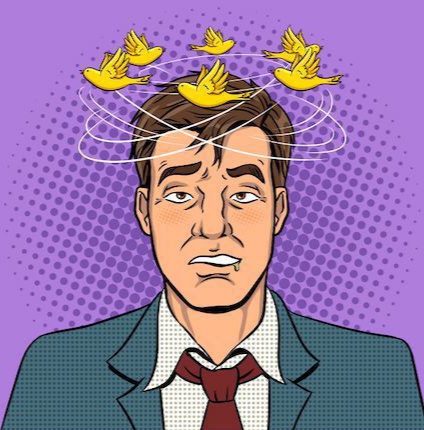
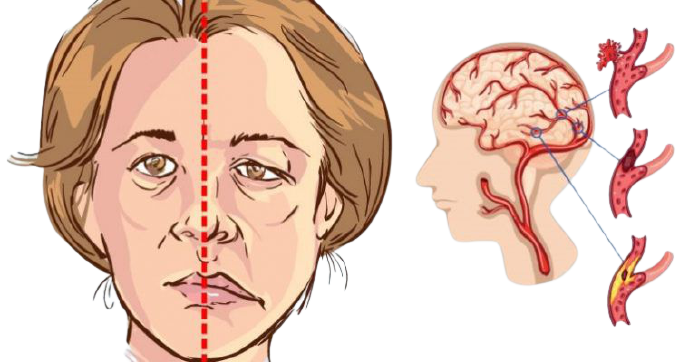 Damage to the brain from interruption of its blood supply. A stroke is a medical emergency.
Damage to the brain from interruption of its blood supply. A stroke is a medical emergency.
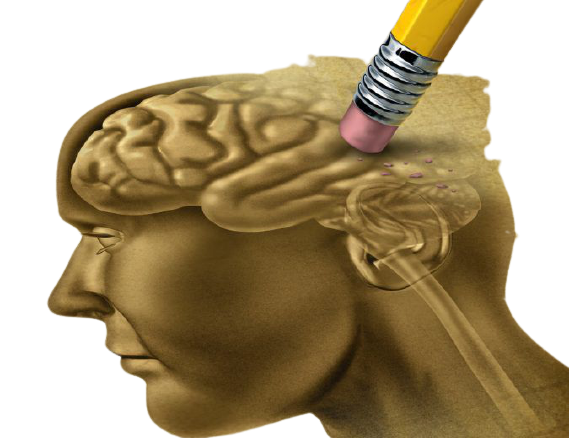 Dementia is a group of conditions characterized by impairment of at least two
brain functions, such as memory loss and judgement.
Dementia is a group of conditions characterized by impairment of at least two
brain functions, such as memory loss and judgement.
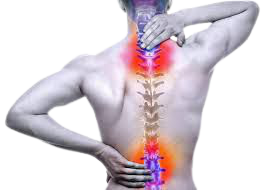 The spinal cord may be compressed due to a bone fracture, spinal degeneration, or
abnormalities, such as a hematoma, tumor or herniated disk.
The spinal cord may be compressed due to a bone fracture, spinal degeneration, or
abnormalities, such as a hematoma, tumor or herniated disk.
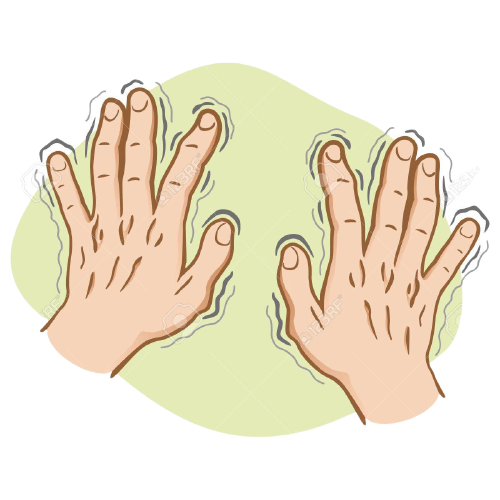 Involuntary Shaking or Movement, ranging from slight to severe and commonly affecting
hands, legs, face, head or vocal cords.
Involuntary Shaking or Movement, ranging from slight to severe and commonly affecting
hands, legs, face, head or vocal cords.
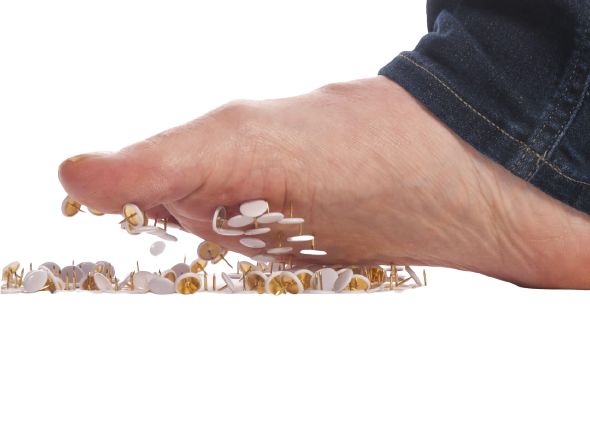 Neuropathic Pain is pain caused by damage or disease affecting the somatosensory nervous system.
Neuropathic Pain is pain caused by damage or disease affecting the somatosensory nervous system.
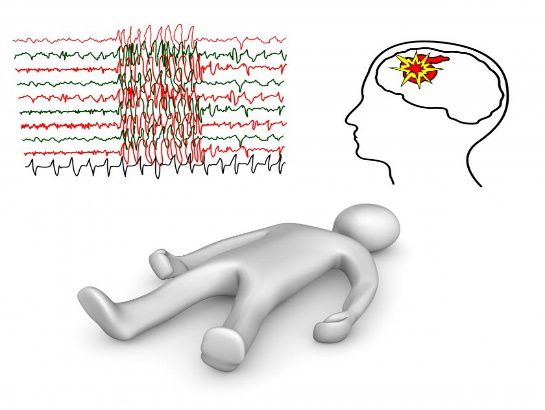 A disorder in which nerve cell activity in the brain is disturbed, causing seizures.
Epilepsy may occur as a result of a genetic disorder or an acquired brain injury, such
as a trauma or stroke.
A disorder in which nerve cell activity in the brain is disturbed, causing seizures.
Epilepsy may occur as a result of a genetic disorder or an acquired brain injury, such
as a trauma or stroke.
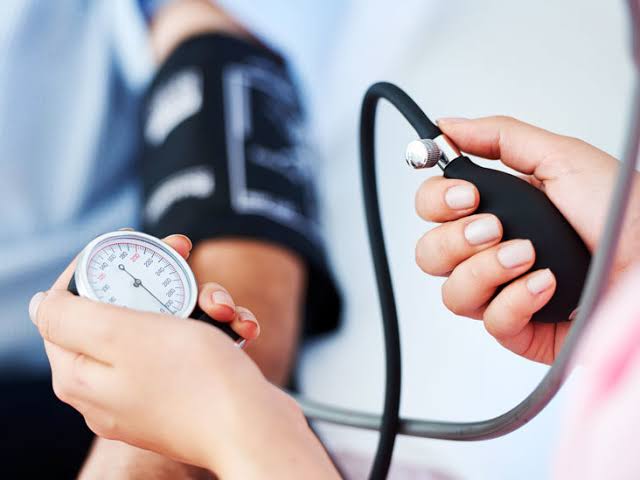 A condition in which the force of the blood against the artery walls is too high. Usually,
hypertension is defined as blood pressure above 140/90, and is considered severe if the
pressure is above 180/120.
A condition in which the force of the blood against the artery walls is too high. Usually,
hypertension is defined as blood pressure above 140/90, and is considered severe if the
pressure is above 180/120.
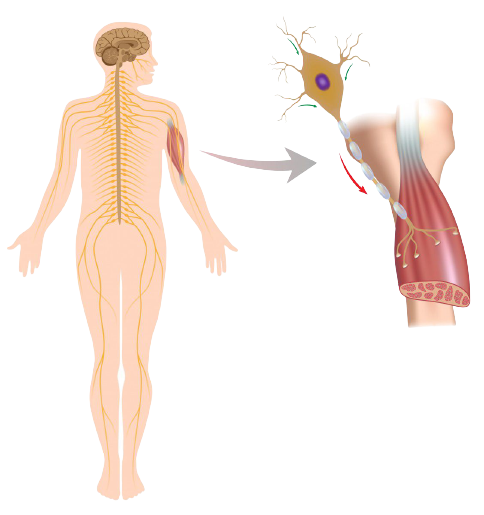 It is very broad term encompassing a range of conditions that impair the functioning of
the muscles,
either directly, being pathologies of the voluntary muscle, or indirectly, being pathologies
of the
peripheral nervous system or neuromuscular junctions.
It is very broad term encompassing a range of conditions that impair the functioning of
the muscles,
either directly, being pathologies of the voluntary muscle, or indirectly, being pathologies
of the
peripheral nervous system or neuromuscular junctions.
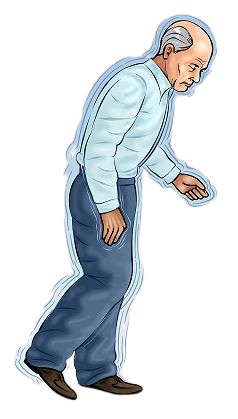 A disorder of the central nervous system that affects movement, often including tremors.
Nerve cell damage in the brain causes dopamine levels to drop, leading to the symptoms of
Parkinson’s.
A disorder of the central nervous system that affects movement, often including tremors.
Nerve cell damage in the brain causes dopamine levels to drop, leading to the symptoms of
Parkinson’s.